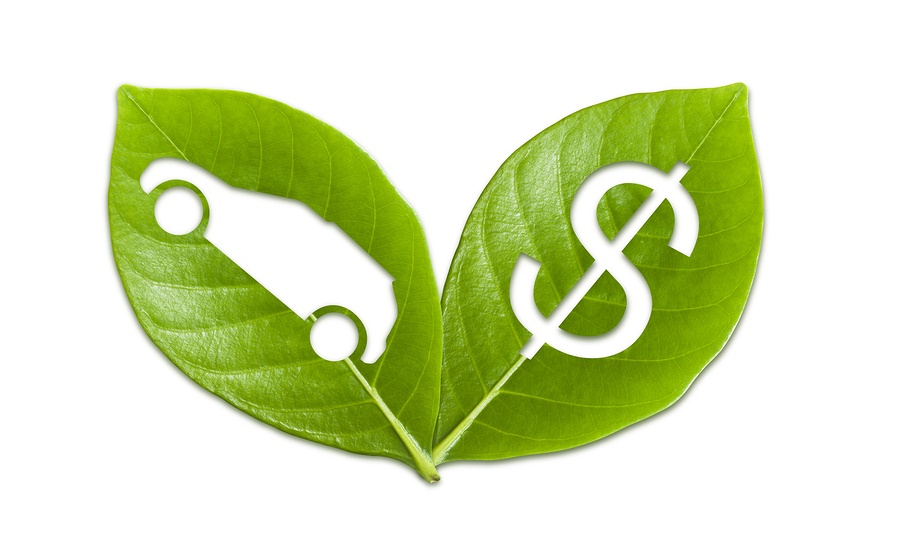Unfortunately, as well as we maintain them, cars do not last forever. Eventually they drive their final mile, and at that point, we have to look for a replacement. Whenever you come to that realization, that your car is too old or too damaged to repair it and drive safely on the road, the best decision for both you and the planet is to consider it a junk car. Give it to professionals that will be able to break down and repurpose it in the most responsible way.
Recycling: The Impact in Numbers
This junking process equates to fewer new parts being built, fewer natural resources being used, and also fewer parts going into landfills. For example, in the U.S. and Canada alone, enough steel is saved from vehicles to create nearly 13 million new ones each year. Take that a step further, and it also saves 85 billion barrels of oil.
Producing new materials is incredibly costly, both financially and environmentally. For example, in 2017, it was estimated that 385,000 tons of carbon dioxide was saved through automotive recycling, which is the equivalent to powering 47,500 homes’ electricity for an entire year.
With nearly 300 million vehicles on the road in the U.S., drivers are creating a huge environmental footprint already. Further, the space in landfills is steadily decreasing, and there is a concern of hazardous waste leaking out. The best way we can counterbalance this effect is to recycle where we can with vehicles that are no longer fit to be driven.

Customer Reviews
"Called them Tuesday morning and I had a check in hand and the car towed away by Wednesday afternoon. Very professional and courteous throughout. I would highly recommend."
- Richard
"Got a good deal considering it was an older car and not in the greatest shape mechanically. Other companies we’re offering way less. They were on time with check in hand. They’re my go to place from now on."
- Karina
"Very reliable very friendly good business great prices would definitely recommend and definitely do business with them again"
- Jessica
Junking Cars Waterbury Locations
Waterbury CT We Buy Cars
Copyright © 2026 Junking Cars Waterbury
